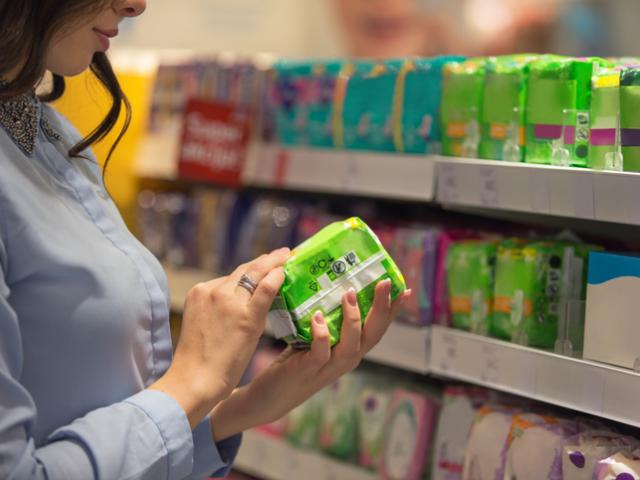
Days For Girls director Helen Griffin contacted the Otago Daily Times last week in the wake of the controversy over the University of Otago student magazine Critic’s menstruation issue.
Copies of the magazine — which had a cover with a cartoon of a naked, menstruating person — were removed from stands around the university campus on Monday evening and disposed of in a skip.
It was initially understood the issue had been censored by the university, but it later emerged its removal from stands was a mistake.
Ms Griffin said public discussion of menstruation was important, and it was not only in Third World countries that women could not not afford sanitary products.
"One of the things we’re keen to do is break this whole silence around menstruation."
"This affects half the population at some stage in their lives."
Days For Girls provides sustainable menstruation kits for women and girls — either menstrual cups, or shields and liners — in more than 116 countries.
The organisation was founded to deal with issues such as high absentee rates among girls from schools in developing countries.
Those girls had no access to sanitary products and were forced to stay away from school when menstruating.
That led to high dropout rates and poor outcomes for those affected, and their communities.
Ms Griffin said the organisation made reusable kits, mainly for Third World countries, but it did give them to New Zealand women.
About 75% would go overseas to places such as Kenya, or the Pacific Islands. Days For Girls also gave kits to Middlemore Hospital for midwives to hand out, and in Palmerston North where Ms Griffin was based, they were donated to foodbanks.
The kits also went to the Pink Packets group in Marlborough, which was formed to battle what they called "period poverty", where young women could not afford menstruation products.
Ms Griffin thought there was a "huge problem" in New Zealand over such issues.
"If you’ve got two or three daughters, and hardly money to put food on the table, you are not going to have money for menstrual products."
"And if there’s a problem with girls going to school in this country, surely we need to fix that," Ms Griffin said.












